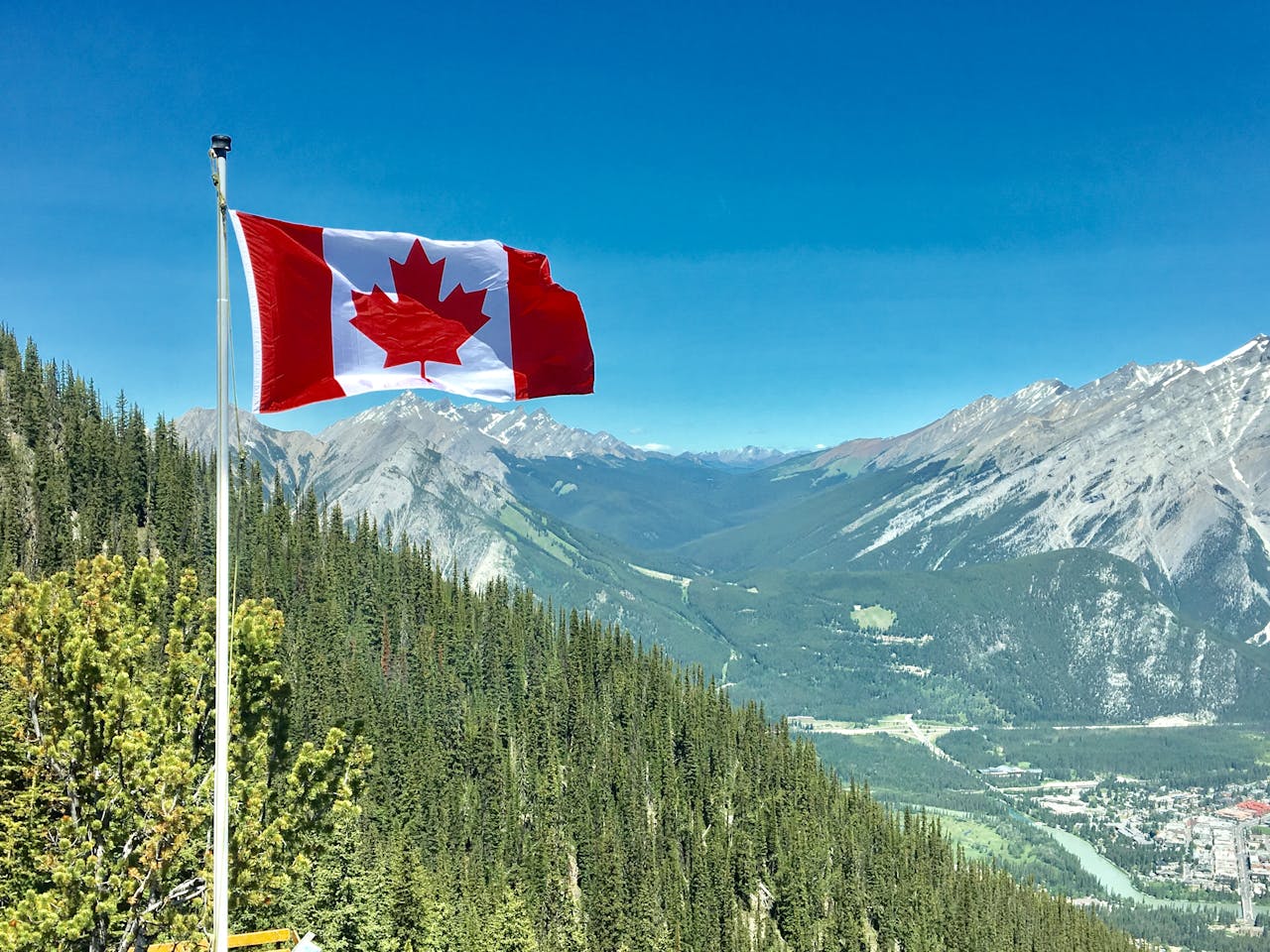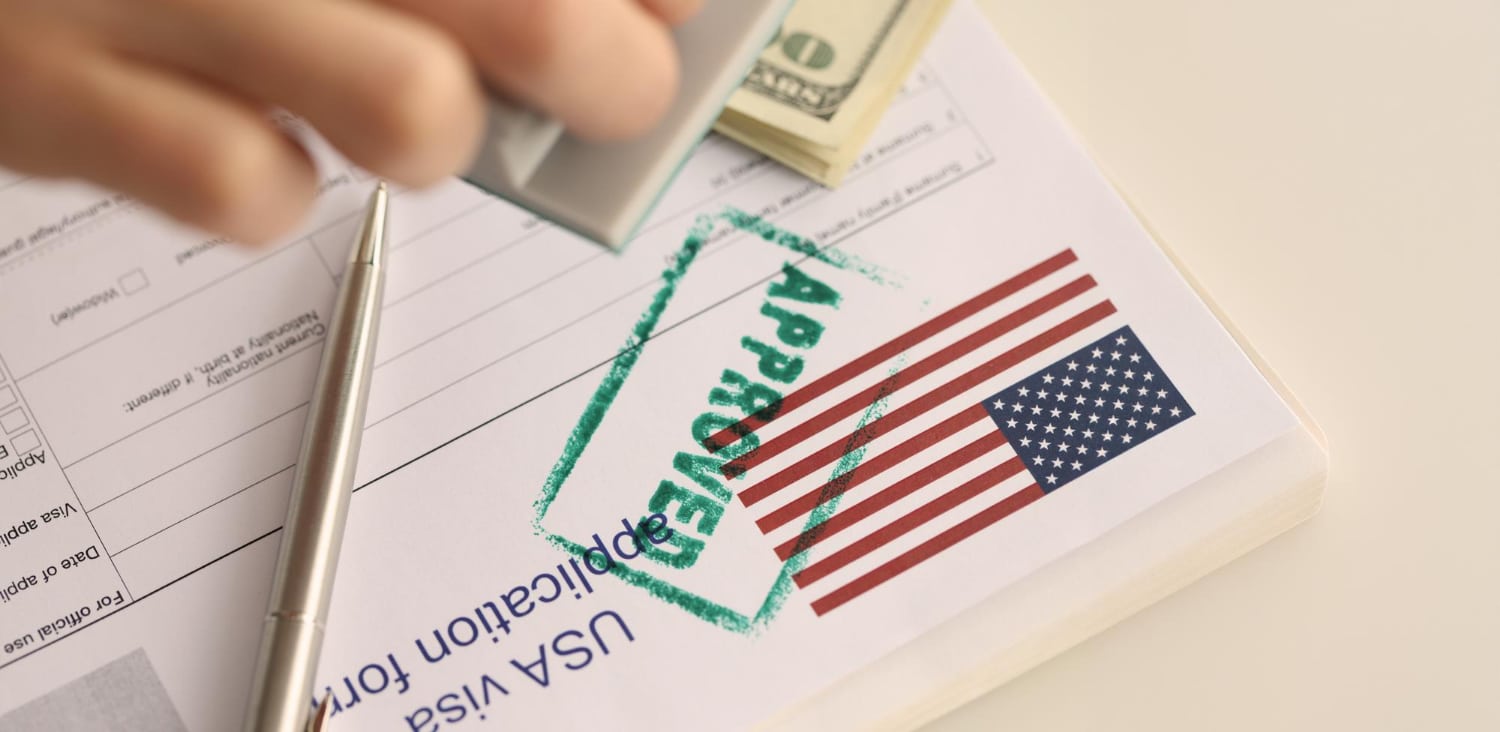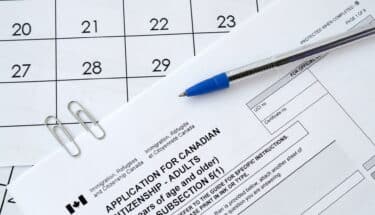
Facing immigration issues can be daunting, especially when you receive a Procedural Fairness Letter (PFL). This official letter from IRCC signals that there are concerns about your application. Understanding what a PFL entails is crucial for navigating the process effectively.
A PFL is issued when immigration officials find potential problems with your application. These issues could range from discrepancies in the provided information to concerns about eligibility. Receiving this letter does not mean an automatic rejection, but it does require your immediate attention and a well-thought-out response.
Knowing how to respond to a PFL properly can make a significant difference in the outcome of your case. It’s vital to address the concerns raised thoroughly and accurately. Missteps in responding can jeopardize your chances of a favourable decision, which is why many seek professional assistance during this critical stage. Through proper guidance and a meticulous approach, you can improve your chances of resolving the issues raised in your PFL.
What Is a Procedural Fairness Letter (PFL)?
A Procedural Fairness Letter (PFL) is an official document sent by Canadian immigration authorities when there are concerns about your application. This letter is a way for the authorities to inform you of the specific issues and give you a chance to respond before a final decision is made. Receiving a PFL is a serious matter, but it also provides you an opportunity to address and clarify the points raised against you.
The PFL outlines the concerns in detail, explaining why your application may face refusal. The letter also includes a deadline by which you must respond, usually within 30 days. The intent is to ensure that the legal principles of fairness are met by IRCC, by allowing you to present any additional information or documents that might resolve the issues.
Understanding a PFL is essential as it directly impacts the outcome of your application. It signifies that the authorities have found something that needs clarification or correction. Responding accurately and thoroughly can help you overcome the concerns and improve your chances of a favourable decision. If the immigration officer who sent the PFL is not satisfied with your response, the immigration application will be refused.
Reasons You Might Receive a PFL
There are various reasons why you might receive a Procedural Fairness Letter. Some common reasons include:
1. Discrepancies in Information:
If there are inconsistencies between the documents you submitted and the information you provided, you may receive a PFL. For instance, differences in employment history, educational qualifications, or personal details need to be clarified.
2. Ineligibility Concerns:
You might get a PFL if immigration authorities believe you do not meet the eligibility criteria for the visa or status you applied for. This could be due to missing qualifications, insufficient work experience, or failing to meet residency requirements.
3. Admissibility Issues:
Concerns regarding criminal background, medical issues, or security risks can also lead to a PFL. The authorities need to ensure that you are admissible to Canada and do not pose any risk.
4. Misrepresentation:
If there is any suspicion that you have provided false information or documents, you will likely receive a PFL. Misrepresentation is a serious offence and can lead to application refusal or, in severe cases, a ban from reapplying.
Understanding why you received a PFL is critical as it guides how you will respond. Addressing each point meticulously can help resolve the issues and prevent your application from being denied.
How to Properly Respond to a PFL
Responding to a Procedural Fairness Letter (PFL) is a critical step that requires precision and attention to detail. Here’s a guide to help you navigate this process effectively:
1. Understand the Concerns:
Read the PFL thoroughly to understand the specific issues raised. Break down each concern and gather relevant documents or information that can address these points clearly.
2. Gather Supporting Documents:
Collect all the necessary documents that support your case. This could include employment records, educational certificates, medical reports, or any other relevant evidence. Ensure these documents are credible and directly address the concerns mentioned in the PFL.
3. Write a Detailed Response:
Your response letter should be clear, concise, and focused on the issues raised in the PFL. Address each point specifically and provide a logical explanation or supporting evidence. Keep your tone professional and factual.
4. Proofread and Review:
Before submitting your response, review the letter and documents for any errors or missing information. Make sure your response is complete and well-organized to improve its effectiveness.
5. Submit on Time:
Timeliness is crucial. Ensure your response and all supporting documents are submitted before the deadline mentioned in the PFL. Late submissions can lead to adverse outcomes.
By carefully following these steps, you can properly address the concerns in your PFL and strengthen your application’s chance of success.
Why You Should Seek Professional Help for a PFL
Addressing a Procedural Fairness Letter (PFL) can be complex and challenging. Seeking professional help is highly recommended for several reasons:
1. Expert Knowledge:
Immigration consultants have extensive knowledge of immigration laws and procedures. They can provide valuable insights into the specific concerns raised in your PFL and how best to address them.
2. Accurate Documentation:
A professional can assist you in collecting and organizing the necessary documents. Their expertise ensures that all required evidence is accurate and presented in a manner that strengthens your case.
3. Strategic Response:
Professionals can help craft a strong, strategic response to the PFL. They know how to address each concern effectively and can avoid common pitfalls that untrained individuals might overlook.
4. Stress Reduction:
Dealing with immigration issues is stressful. Having a professional by your side can reduce anxiety and provide peace of mind. They guide you through the process, ensuring that nothing is left to chance.
5. Timely Submission:
Ensuring your response is submitted on time is crucial. Professionals help manage deadlines and ensure that your response is complete and timely, preventing any unnecessary delays or complications.
Engaging a professional for your PFL response significantly increases your chances of a favourable outcome, making it a wise investment.
Conclusion
Procedural Fairness Letters (PFL) are a critical aspect of the Canadian immigration process. Understanding what they are, why they are issued, and how to respond effectively is essential for anyone navigating immigration challenges. While it might be tempting to handle the response on your own, the complexities involved make it highly advisable to seek professional help.
Addressing a PFL requires careful attention, proper documentation, and a well-crafted response. Missteps along the way can jeopardize your application, making it important to follow the correct procedures meticulously. Professionals bring expertise, accuracy, and strategic thinking to the table, ensuring that your response addresses every concern raised.
For those who receive a PFL, taking immediate and informed action is crucial. At Doherty Fultz Immigration, we specialize in helping clients respond to PFLs with precision and care. Contact us today for expert guidance and support to navigate this important process effectively. Your journey to securing your immigration goals is our priority. Our team of Canada immigration consultants in Toronto, Ontario, is ready to assist you.









